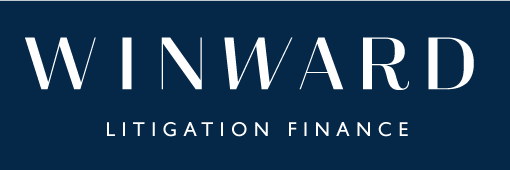Sign up with your email address to receive analysis of the recent litigation funding cases and cases that are relevant to the practice of dispute resolution finance.
Progas Energy Ltd v The Islamic Republic of Pakistan (Rev 1) [2018] EWHC 209
The underlying arbitration between Progas and Pakistan was conducted under the UNICTRAL rules. The tribunal issued an award finding against the claimants on causation grounds. It also found against the claimant on numerous other grounds as well. Costs were awarded in the defendant’s favour in the amount of c £8m. The claimant then alleged s68 serious irregularity and issued fresh proceedings in the English Court. The defendant sought security for costs of the s68 proceedings and an order that monies should be paid into Court in respect of the costs of the arbitration.
Sandra Bailey & Ors v Glaxosmithkline UK Ltd [2017] EWHC 3195
In very long running Consumer Protection Act proceedings concerning the anti-depressant drug Seroxat, GSK issued an application for security for costs against the claimants’ litigation funder, Managed Legal Solutions (MLS).
Edwardian Group Ltd & Anor v Singh & Ors [2017] EWHC 2805
The fact that a party is funded can be a positive and a negative. It can certainly lead to tactical battles and satellite issues being ventilated. This is not what a funder would wish for, because funders rarely encourage the litigation to be any wider in scope than is strictly necessary – expansive litigation tends to cost more, and take longer.
Merricks v Mastercard Incorporated & Ors [2017] CAT 16
Litigation funders have undeniably fuelled the rise in competition litigation. The first case to reach the certification hearing was the Merricks case which was a collective action against Mastercard. It has almost single-handedly chartered the course for claims in the Competition Appeal Tribunal.
Casehub Ltd v Wolf Cola Ltd [2017] EWHC 1169
The claimant in this case was a company that built consumer group actions online. It did this by entering into claim purchase agreements whereby it took an assignment of the consumers’ claims. It then aggregated the claims and brought them in its own name. As a business model, it was a model that could be suited to the commercial litigation funding industry. Naturally, therefore, funders were interested in the outcome.
RBS Rights Issue Litigation [2017] EWHC 463
Group actions appear to be the bread and butter of funders and the interest in collective action has only increased with time. An issue arose in the RBS rights issue litigation as to the circumstances in which the Court may require disclosure of the names of commercial funders, and the details of any ATE insurance, in advance of a threatened application for security for costs when a trial is imminent.
Excalibur Ventures LLC v Texas Keystone Inc & Ors [2016] EWCA Civ 1144
It was inevitable that Excalibur would reach the Court of Appeal and it was notable that the Association of Litigation Funders (ALF) intervened in the proceedings, making written submissions only.
Wall v The Royal Bank of Scotland Plc [2016] EWHC 2460
This case addresses a key question for both claimant and funder – to what extent can the funding arrangements remain confidential?
Essar Oilfields Services Ltd v Norscot Rig Management Pvt Ltd [2016] EWHC 2361
Whilst only a couple of years after the disasters of Excalibur, following this case litigation funders began to lick their lips and look seriously into commercial arbitration. The reason was that the Court held in this case that a costs order could include the funding costs of an arbitration.
